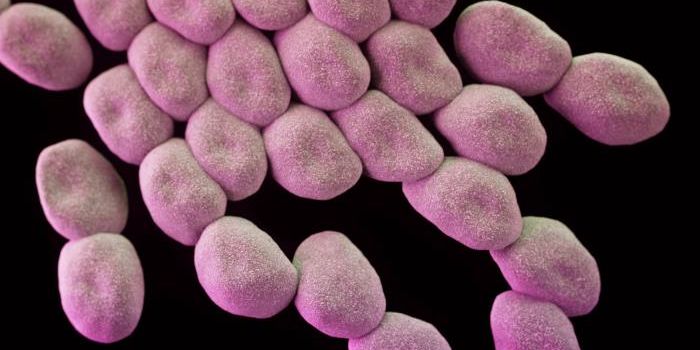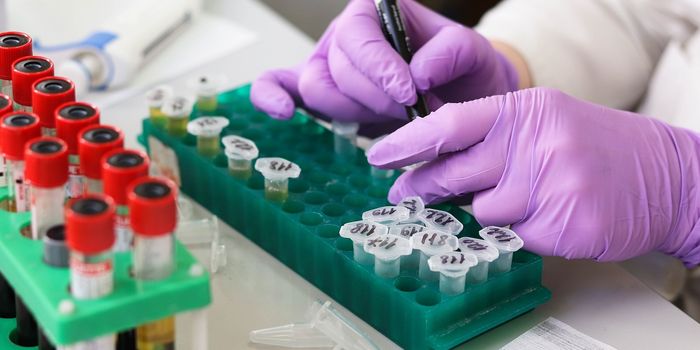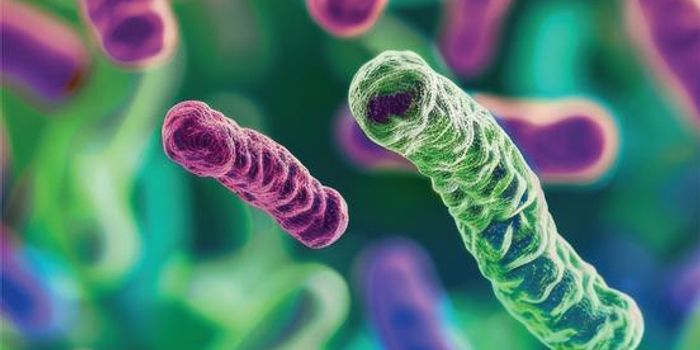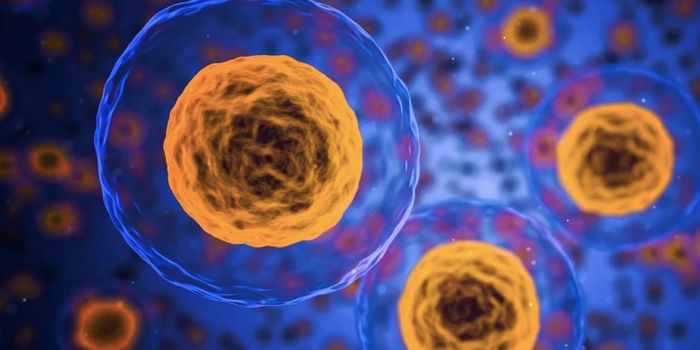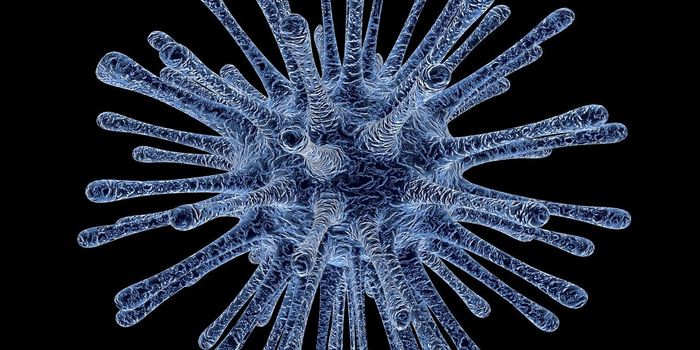Strokes are among the top 5 causes of death and the leading cause of disability in the United States. A stroke is a disease that will affect the arteries leading to and within the brain. A stroke will occur when a blood vessel that carries oxygen and nutrients to the brain is either blocked by a clot or bursts/ruptures. A blocked artery will result in a loss of oxygen supply to brain tissue, thereby killing the brain cells. For these reasons, a team of scientists has set out to discover a vaccine that could aid in the recovery of an ischemic stroke.
Ischemic strokes happen when a clot blocks a vessel. Ischemic strokes are the most common type of stroke, accounting for 87% of all strokes. The treatment goal is to bust or remove the clot. The leading therapy for a person who has suffered a stroke is rehabilitation and/or medication that will thin the blood, preventing a reoccurrence of a clot.
New research published in the American Heart Association’s journal Hypertension describes a vaccine that may one day be able to replace oral blood thinners to reduce the risk of secondary strokes caused by blood clots, without increasing the risk of severe bleeding or triggering an autoimmune response.
The vaccine is currently being tested on mice and is proven to be safe and effective. Also, the fact that the vaccine, when administered does not elicit an autoimmune response is significant. When there is no autoimmune response observed it is considered to be a success. The autoimmune response, had it occurred would indicate that the mice immune system recognizes the vaccine as a threat and mounts it attack, causing adverse reactions to the therapy.
The vaccine is called S100A9. It works by halting the blood clot development. The team observed that the vaccine was capable of protecting the arteries of the laboratory mice from forming new clots. The vaccine worked for around two months before the effects wore away. The team recorded that the impact of the vaccine to thin the blood worked as well as the oral medication known as clopidogrel in a major artery.
The team of scientists at the Osaka University in Japan hopes to one day replace oral medications with vaccine doses. The current issue with oral blood thinners is that patients will forget to take them due to the high frequency of daily dosing. The researchers propose that if the vaccine makes it through to the end of its development safely, it could alleviate the forgetfulness of the patient and only be required every month or so.
"We are continuing our research in hopes of being able to start clinical trials between five and ten years from now, but there are differences between mice and humans in how the vaccine will be recognized by the immune system," he said. "We should be able to overcome such problems and believe this vaccine provides a very promising strategy in secondary prevention of stroke."
The American Heart Association reminds us to be mindful of the risk factors of strokes suggesting that one should keep their risk low with regular checkups and treatments. A few ways to prevent a stroke include managing blood pressure, no smoking, a healthy diet, and regular exercise.
Sources: Science Daily, AHA, YouTube


